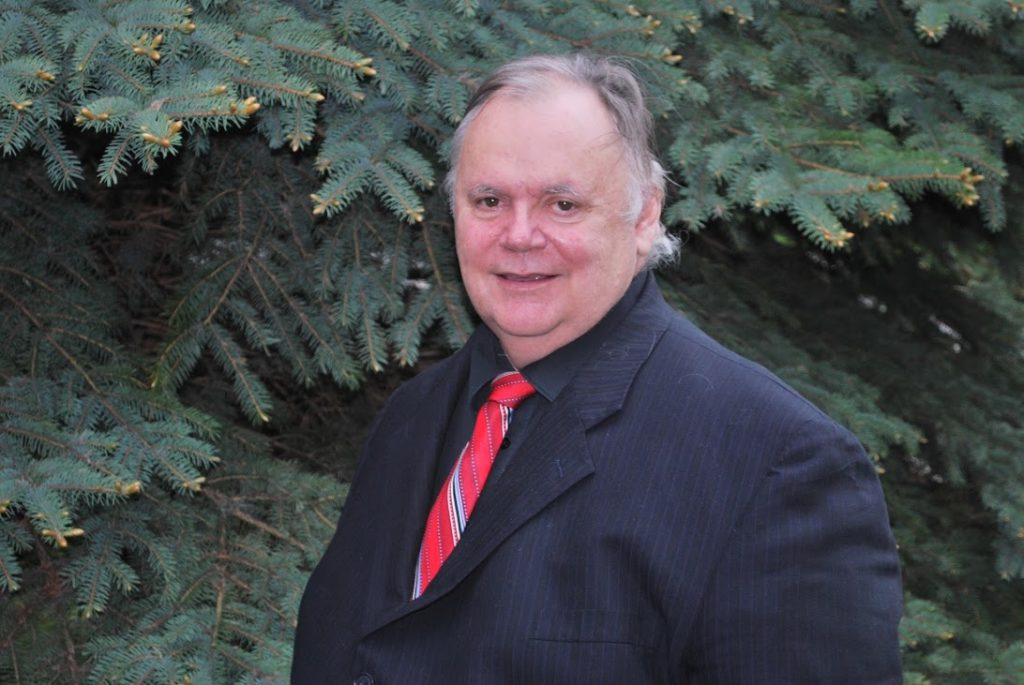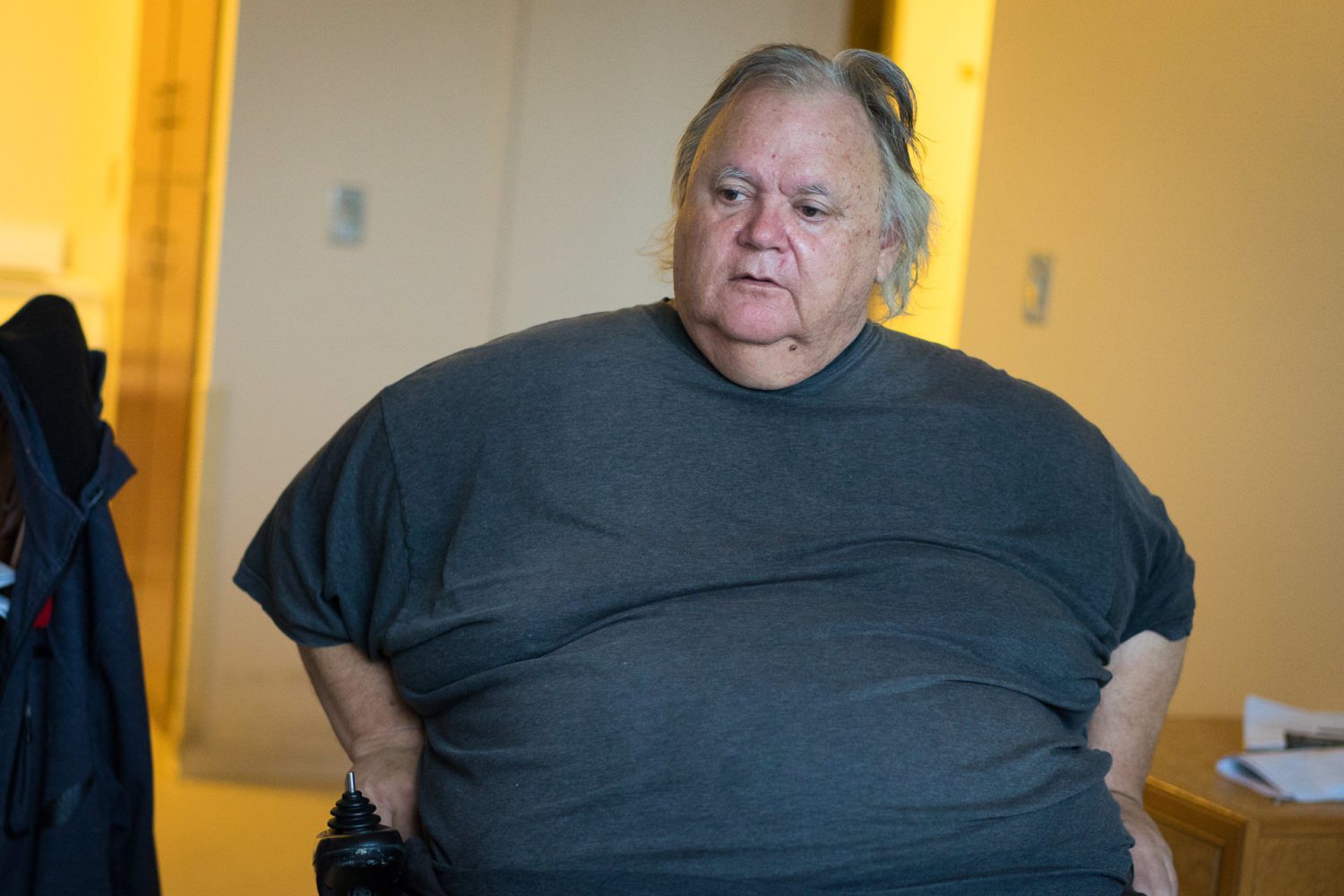John is a former executive who became homeless for a number of years. He shares how he has dealt with the health effects of obesity and how he benefited from a diagnosis and treatment of sleep apnea
Over the years, I have had a number of neurological and mental health diagnoses including petit mal epilepsy, depression, psychosis and some behavioural problems, and have been put on a number of medications.
I always snored at night and everybody commented on it. In 1997 I got diagnosed with sleep apnea. That was a turnaround diagnosis! They put me on a sleep apnea machine—CPAP. It took eight years before they got the right pressures, and they eventually switched me to a BiPAP machine. When they did get it right, all of a sudden I woke up. My oxygen level at night came up from 90%, which is pretty bad, to about 96%. That means all the previous diagnoses I had—the manic depression, the learning difficulties, the depression—were all wrong.
When I had depression and emotional swings, they treated the symptoms but didn’t look for the cause. The cause was sleep apnea and not breathing at night, and their treatments made me worse! For example, they gave me sedatives to help me sleep, but because of the sleep apnea that actually made my oxygen go down even farther at night.
I have heard some people say they find the sleep apnea machine uncomfortable at night.
Yes, the machine can sometimes be annoying. But If I don’t use it, I wake up in the morning feeling like I have a hangover. Without it, my mood problems and depression would return.


John in 2012, just before he entered the shelter system.
A few years ago I got into financial troubles. I lived in various shelters for about three and a half years. I gained probably 200 pounds in the shelters because of the poor diet we were served. I really gain weight on carbs, and the amount of carbohydrates in the shelters was crazy.
Some mornings it would be all bread, like a bagel and cream cheese and a muffin. Another morning it would be French toast. And the lunches weren’t much better. They would always have a bread component. And the dinners would always have potatoes. They served so little protein—like 3 ounces of meat. We almost never had eggs in the morning.
When I got out, I lost 100 pounds by following a low-carb, low-glycemic diet.
But I’m still obese. Because of my size I need a special bed—a bariatric bed. In some hospitals every time I come in, I start off on a regular bed, which is inadequate. The frames on the bariatric beds are engineered for 500 pounds, but it’s the mattress that’s the key. A normal mattress feels terrible.
I ruined a bed here in my apartment once—I broke right through it. I asked for funding for a bariatric hospital bed. That took a few months to get, so I was in trouble. I slept on the old bed but I had to put blankets over it so the springs wouldn’t pop through.

My sleep apnea machine has worn out. The Assisted Devices Program pays 75% of the cost of the new sleep apnea machine, and the Ontario Disability Support Program pays the other 25%. But I just found out that since I am now a senior, I’ve stopped qualifying for the ODSP, so I’ll have to come up with that 25%. That’s a lot of money.
This chair is covered in the same way. It costs $11,000. It just broke down, which cost $500. It’s usually about $1,000 a year for maintenance. When it’s in the shop, I am stuck. It broke recently when I was in the hospital and I sent it off to be fixed. It usually takes a month to come back. Fortunately I was in the hospital for a month. I got out on a Monday and it was here on Friday.
I can’t get a loaner at my size. Once when I was in the shelter it took six months to fix the chair due to a bunch of screw ups. I couldn’t leave the common room the whole time.
Seniors are fully covered for drugs, but not devices. A lot of seniors use devices like wheelchairs, walkers, asthma devices and others. It’s ridiculous that they aren’t fully covered.


The comments section is closed.